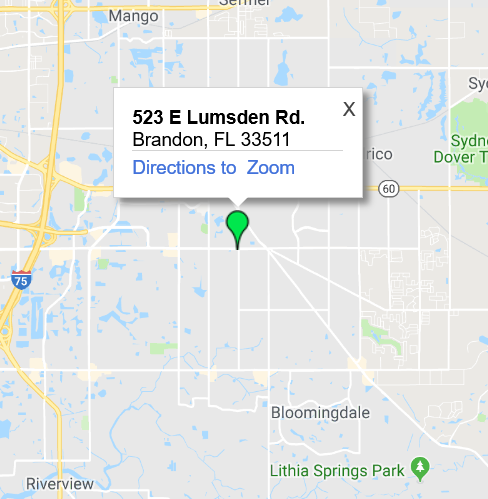Leaders should never say…
In my practice, I coach senior management on alternative approaches for better communication with their employees. Much of the frustration from both managers and employees is centered around the way they communicate with each other. For example, when an employee shares an idea they have with their manager, the last thing he/she wants to hear is “be patient” because what he/she hears is, “This isn’t going to happen for a long time.” So a better approach would be to ask them to develop a plan to make it happen. Then the manager can assist in refining the idea while taking small steps for implementation.
Another phrase employees do not want to hear is “you aren’t ready.” All they hear is “I don’t believe in you, yet.” It’s best to figure out how to get them a portion of the experience they are requesting while you or a member of your team can act as a silent shadow. Again, small steps give encouragement.
Sometimes I hear leaders referring to “when I was coming up” or “that’s not how it was…” These young emerging leaders don’t want to talk about yesterday’s hardships, they want to talk about tomorrow’s possibilities! Instead make it personal by sharing “What I have learned that works well is…”
This last phrase I hear all the time and it couldn’t be more false, “He must not be working because he isn’t here.” It is a fallacy that people are productive contributors just because they are physically in the office. A Gallup’s State of the American Workplace report, states that remote workers logged more hours than their office counterparts and were more engaged. I encourage my client’s to hire self-motivated and empowered employees for flexible work arrangements because I know that if an employee can balance work and home responsibilities, he/she will be highly successful in both areas. I personally am more efficient and effective in a flexible workplace. All the consultants I know and use on a regular basis are far more effective in less hours than their former employee counterpart.

